
The Social Innovation Foundations Summer Program is not only a valuable immersive learning opportunity in a diverse environment, but also an experience with a unique perspective of combining social sciences and innovative thinking to shape the future’s transformative forces. During the one-week summer program, students will deeply delve into the crises and challenges faced in key areas such as the environment, health, technology, human behavior, and media. The program will offer participants comprehensive and multi-faceted learning plus practice training through a variety of enriching program designs, including lectures and interactive workshops. More importantly, the program will utilize design thinking to stimulate students’ analytical and innovative capabilities, empowering students to understand users’ needs and challenges, and then generate effective solutions for emerging needs. In this program, students will learn how to conduct observations, accurately understand the problem, think innovatively, and ultimately propose insightful solutions.
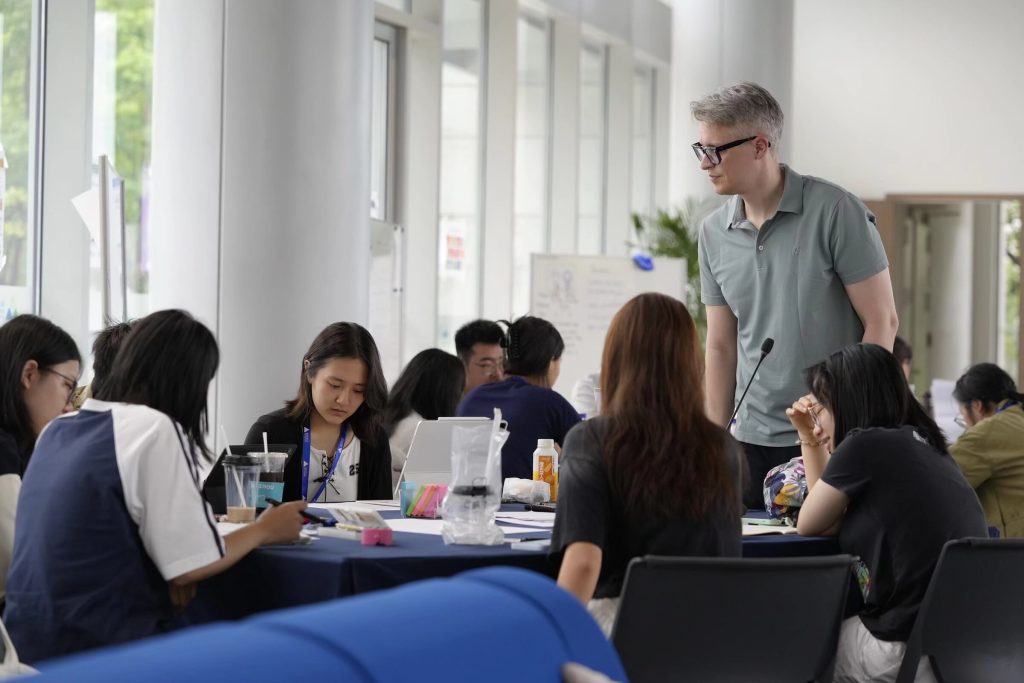
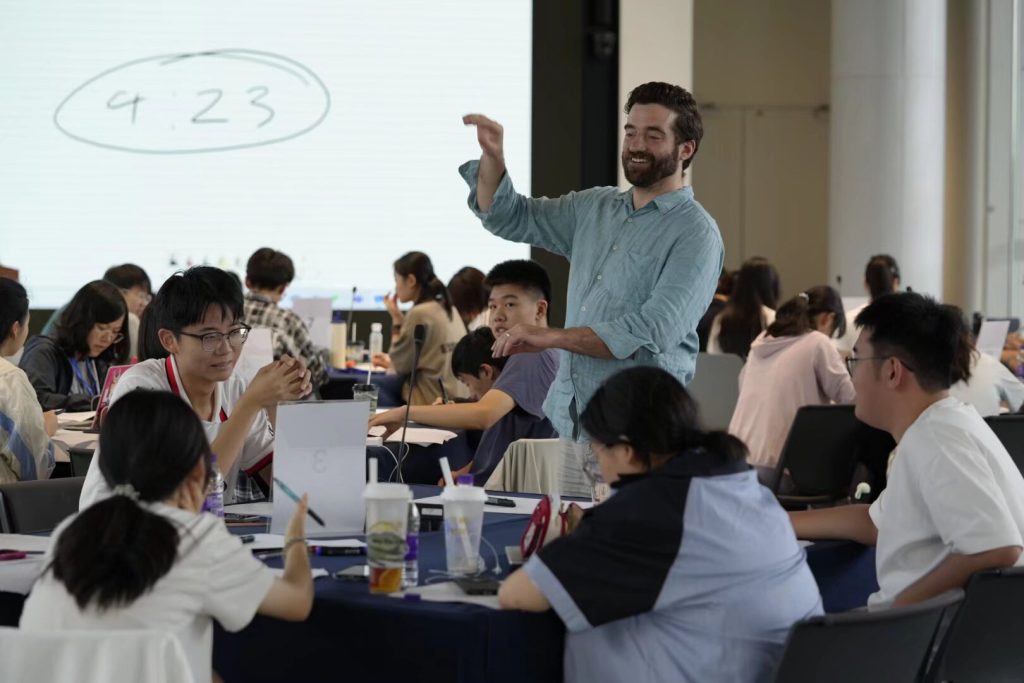
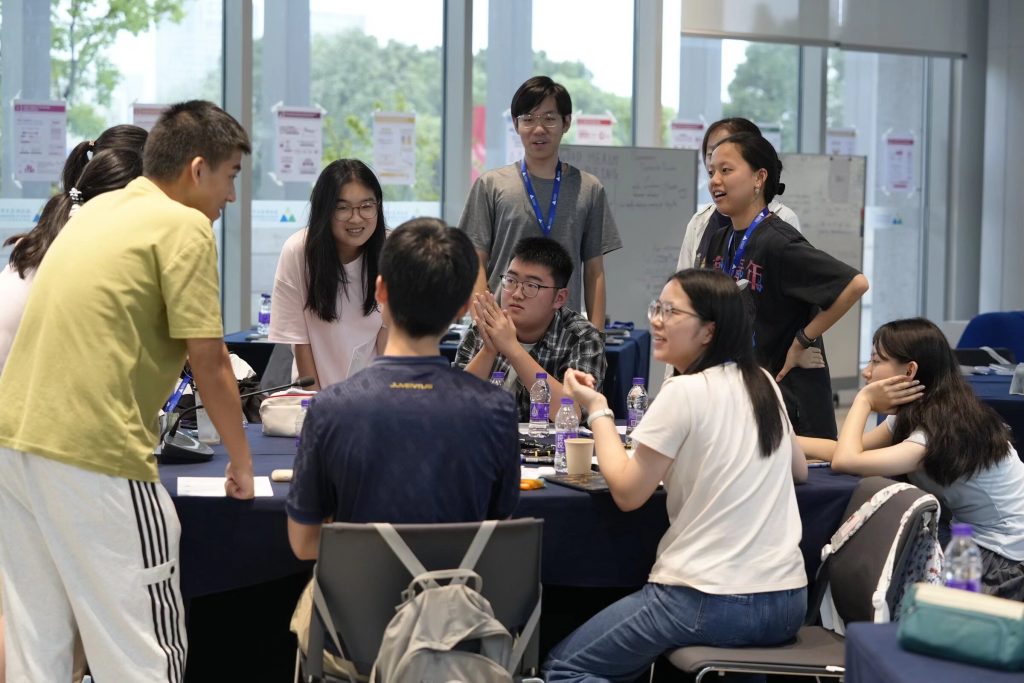
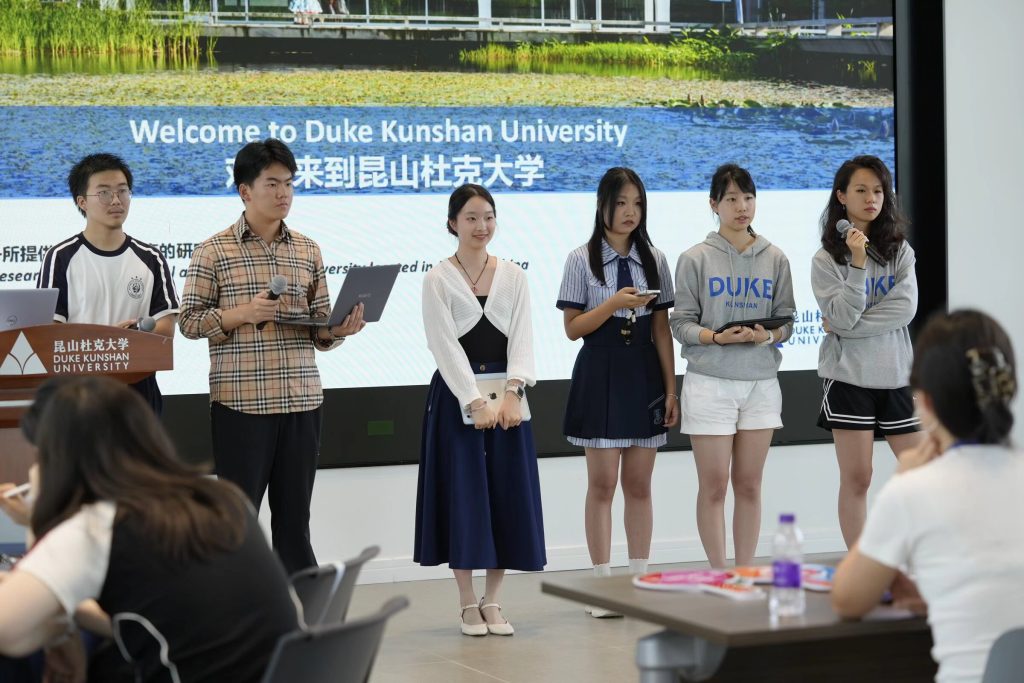
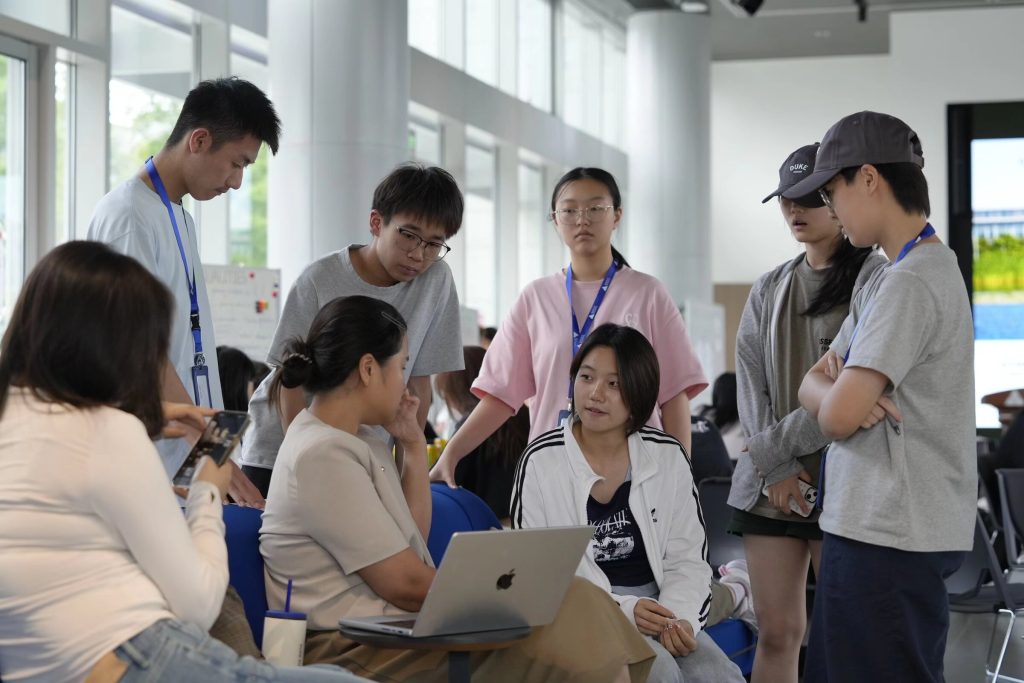
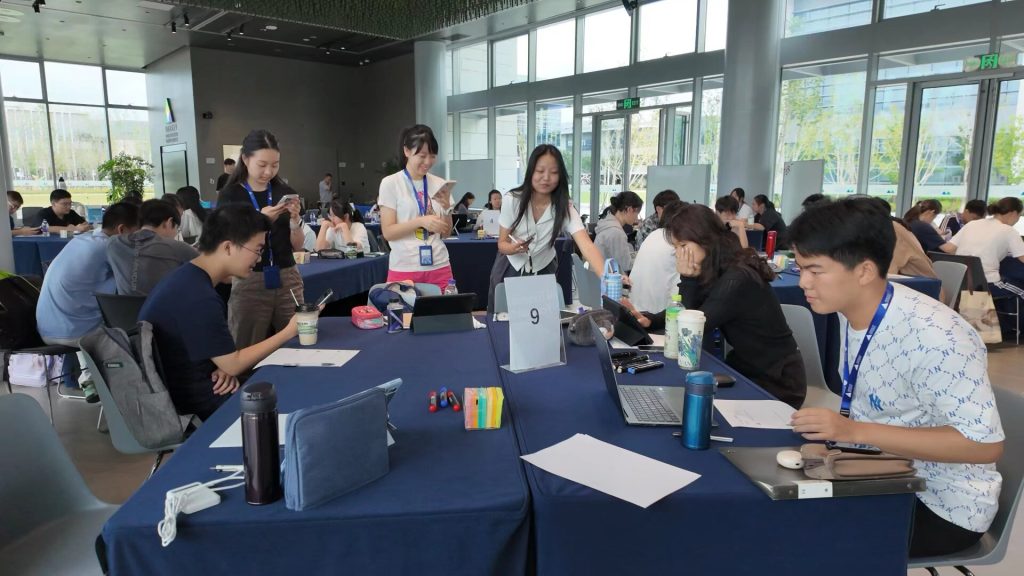
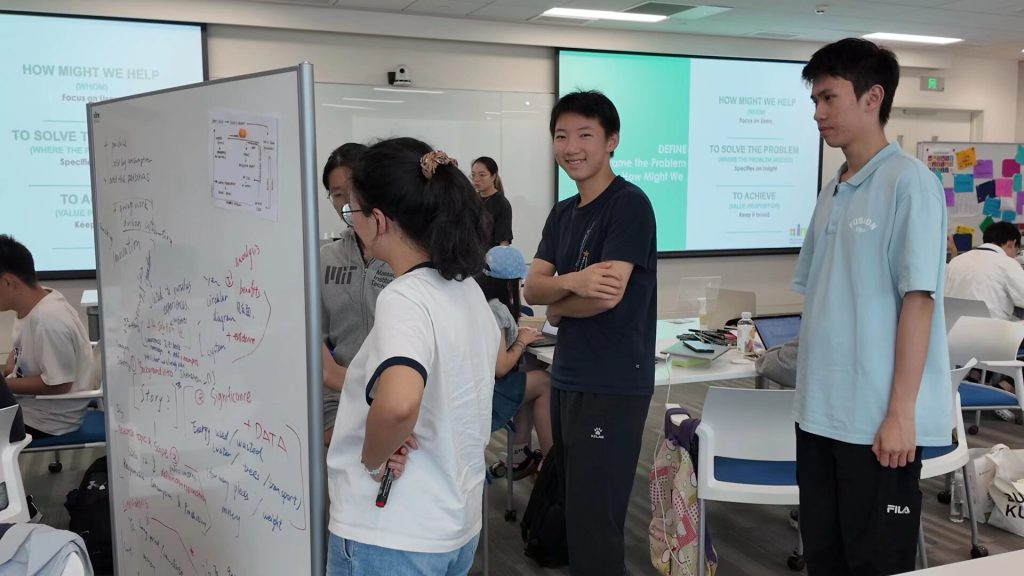
Gain a comprehensive understanding of the current global challenges in the fields of environment, health, technology, human behavior, and media. Develop an awareness of the interconnectivity between various social, economic, and political factors that contribute to these challenges.
Acquire a foundational understanding of design thinking methodology and its application in problem-solving. Apply design thinking stages – empathize, define, ideate, prototype, and test – to develop creative solutions to identified problems.
Strengthen collaborative and team-working skills by working with peers from diverse backgrounds on a common project.
Develop the capacity to innovate and prototype potential solutions to chosen issues within the constraints of time and resources.
Enhance abilities to articulate ideas clearly and persuasively in both written and oral forms.
Reflect on personal values, ethics, and the role of an individual in contributing to societal change.

As the Associate Director for Innovation and Entrepreneurship at Duke Kunshan University, Dr. Liqi Ren leads the development of the innovative and entrepreneurial culture across campus by initiating and strengthening various programs, topics, and resources. Dr. Ren also serves as a faculty on Design and Innovation with teaching and developing pedagogy around the themes of creativity, innovation, and entrepreneurship. She is specialized using design thinking as a trans-disciplinary method to drive innovation, creative expression, and entrepreneurial success. She received Ph. D degree in Design from Arizona State University in 2018. Her research focuses on the culture and creative industry, design innovation and entrepreneurship in contemporary China.
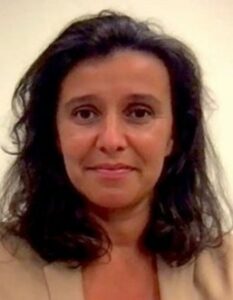
Claudia’s scientific agenda is centered around identifying what works to helps us lead healthier and more sustainable lives. Her research program focuses on the effectiveness of behavioral interventions to promote healthy and sustainable living – eg. how to best promote energy savings, reduce food waste, increase cancer screening or blood donation. She translates behavioral science into practice to tackle these critical challenges, and to respond to calls for better informed policies. In order to do so, she uses a variety of methodological tools including (1) lab studies testing small-scale psychologically-driven interventions; (2) large field experiments testing how to scale-up behavioral interventions in natural settings; and (3) evidence-based policy evaluation, based on meta-analyses of randomized controlled trials and quasi-experiments. Claudia has a BSc degree in Social and Organizational Psychology and a MSc in Economics and Social Policy from the University of Lisbon, Portugal. She also holds a MSc in Decision Sciences and a PhD in Social Policy, both from the London School of Economics and Political Science (LSE). She has served a postdoctoral researcher to ETH-Zurich in Singapore, and New York University in Abu Dhabi.
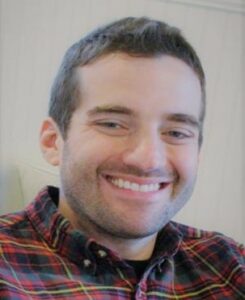
Daniel’s work focuses on the intersection of philosophy, the cognitive sciences and emerging technologies. He has two major projects: Improving our understanding of cognition and the mind, and developing policies’ ethical outcomes in health, science and technology. His past work includes papers on mental representation, cognitive architecture and reactivity, health ethics, AI ethics and game/media studies. His teaching interests include the philosophy of mind, cognitive/behavioral sciences, artificial intelligence and applied ethics, particularly in global health. Weissglass has a B.A. in philosophy and a B.Sc. in psychology, along with a minor in Jewish studies, from the College of Charleston, and a Ph.D. in philosophy from City University of New York. He previously served as a graduate teaching fellow at the College of Staten Island and taught additional courses there as well as at Rio Hondo College.
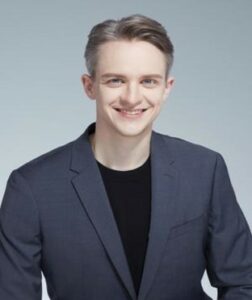
Jan Hua-Henning is a historian of technology and risk. He writes about topics ranging from the history of emergency services and urban infrastructure to the history of race and disease. His current research focuses on how technology helps reveal who and what societies have deemed worthy of protection. His teaching interests at Duke Kunshan include the history and philosophy of science and technology, the global history of risk, and German and U.S. history. He has published in the flagship journal for the history of technology, Technology & Culture, and with the research group KRITIS on critical infrastructure. He has been a member of the Society for the History of Technology and the German Studies Association since 2019. Hua-Henning has an M.A. in history from the Technical University Darmstadt, Germany. He received his Ph.D. in the history and philosophy of science and technology from the University of Toronto, Canada. Before joining Duke Kunshan University, he was a pre-doctoral fellow at the Berlin Program for Advanced German and European Studies at the Free University Berlin.

Fan Liang is an Assistant Professor of Media in the Division of Social Sciences at Duke Kunshan University. His research and teaching explore how new communication technologies construct social and political changes. His research has received recognition and support from British Foreign, Commonwealth and Development Office, the American Council of Learned Societies (ACLS), and Volkswagen Foundation. He received Ph.D. in Communication from the University of Michigan. He also has a M.Sc. in Political Communication from the University of Glasgow and a B.A. in Public Administration from Shanghai Jiao Tong University. Prior to academia, he was a journalist in China.

Email: DKU-GSI@dukekunshan.edu.cn
